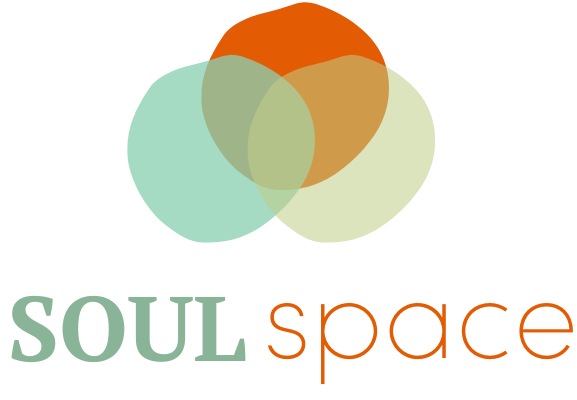BOUNDARIES AND LOVE: FINDING BALANCE WHEN SUPPORTING SOMEONE IN RECOVERY
Why This Balance Matters
Supporting a loved one in recovery can feel like walking a tightrope. You want to show unconditional love, but at the same time, you need to protect your own mental and emotional health. Many people ask: How do I know if I’m helping—or enabling? The answer often comes down to boundaries.
What Are Boundaries (and Why Do They Matter in Recovery)?
Boundaries are healthy limits that define where your responsibilities end and another person’s begin. In the context of addiction and recovery, they:
Help protect your emotional and physical wellbeing.
Provide structure and clarity for your loved one.
Prevent codependency and burnout.
Without boundaries, support can quickly shift into enabling, leaving both you and your loved one feeling stuck.
The Difference Between Love and Enabling
It’s natural to want to ease the pain of someone you love—but certain actions may unintentionally fuel unhealthy cycles. Examples:
Love looks like: Listening without judgment, encouraging treatment, practicing patience.
Enabling looks like: Covering up consequences, giving money to fund substance use, neglecting your own needs to “keep the peace.”
Remember: true love supports growth, not avoidance.
Practical Ways to Set Boundaries With Compassion
Here are some strategies to help you balance care with healthy detachment:
Communicate Clearly and Kindly
Use “I” statements. For example: “I can’t give you money, but I’m happy to drive you to a meeting.”Decide What You Will—and Won’t—Do
Make a list of behaviors you’re comfortable supporting, and ones that cross a line.Prioritize Your Own Self-Care
Therapy, support groups like Al-Anon, journaling, or mindfulness can help you stay grounded.Accept What’s Not Yours to Control
Recovery is ultimately your loved one’s responsibility. Your role is support, not rescue.
The Role of Professional Support
You don’t have to navigate this journey alone. At Soul Space, our addictions counselor Kay specializes in working with both individuals in recovery and those who are “addiction adjacent”—family members, partners, and friends affected by a loved one’s substance use. Kay helps:
Guide families in setting healthy boundaries.
Teach coping strategies for managing stress.
Provide a safe, nonjudgmental space for processing emotions.
Conclusion: Boundaries Are a Form of Love
It may feel counterintuitive, but boundaries often deepen connection. They allow you to show up with compassion—without sacrificing yourself. Supporting someone in recovery is a long journey, but with balance, patience, and professional help, it can also be a path to healing for both of you.
At Soul Space, Kay and our team walk alongside individuals and families navigating addiction and recovery. If you’re ready to explore support for yourself or your loved one, connect with us here.

